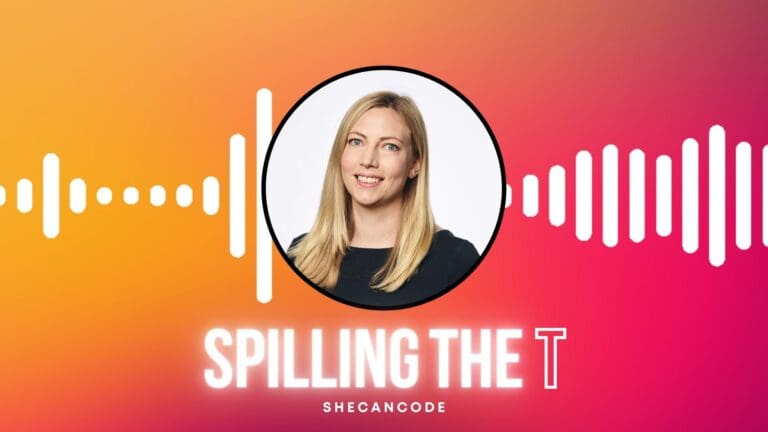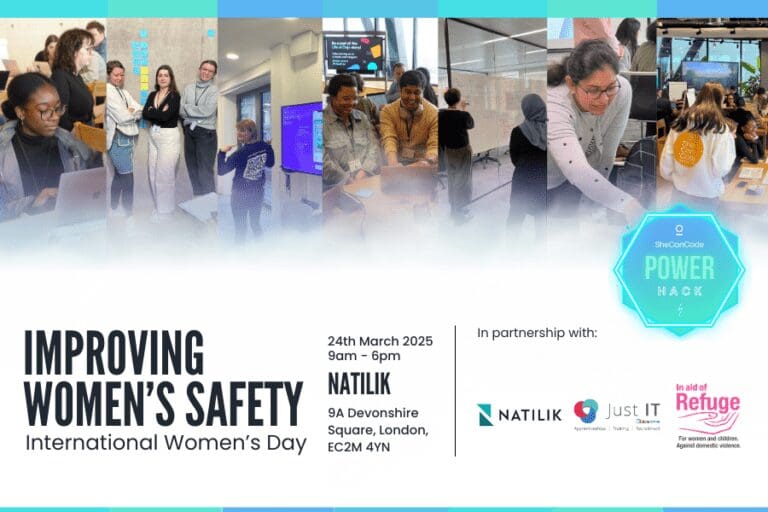Straightforward and Easy Reasoning

This is a very common question. Especially for the starters. Where to start? Even for intermediate-level data scientists, this can be a question. Because different people have different choices or different styles of work. Some companies prefer Python and some companies prefer R. I have friends who learned to start Python first and then some recruiters or some employers said they should learn R. Now they start learning R. Actually which one is better?
I started with Python. As I started my MS at Boston University, I had to learn R. Because some of the data analytics courses use R only. It was uncomfortable in the beginning. Now I am happy that I got to learn R. As I know Python and R both now, I thought I should share my opinion here.
My Own Experience
As I knew Python pretty well, I could learn R fast. It wasn’t too hard. Especially, if you know the data manipulation libraries in Python, you may find many commands similar(not the same). So learning wasn’t hard. But still, it takes time. It takes a lot of practice. Because so many libraries are available out there for data manipulation and analysis, it is challenging to keep up sometimes for beginners. But it becomes easier pretty soon.
But the question is, is it worth the time?
For me, yes!
Python is pretty strong. You can manage pretty much most of the staff in Python that is available in R. But knowing R will give you a lot of flexibility. A lot of libraries are just better structured in R than Python. If you are good at both of them, you will have options. For example, I like to use R for inferential statistics than Python. I feel like the libraries and packages in R are better than the packages in Python. It is just my opinion. I almost always use R for statistical analysis. Some may like ggplot2 better than Matplotlib and Seaborn. Again, if I need to use a machine learning library, I prefer Python’s scikit-learn library more than different R packages.
At this point, I feel, for intermediate-level learners, it is good to learn both Python and R. It will open a lot of avenues if you are a freelancer or a job seeker.
Where to Start for Beginners
In my opinion, it is good to start with Python. If you are an aspiring data scientist and learning your first language, that should be python. Simply because python is more popular. Also, I find more resources out there for Python. If you look at popular sites for programmers like Geeks for Geeks, tutorials point, or programiz, you will see that they have solutions in several different languages. Python is one of them. But you won’t find R there. So, learning will be much easier. Also if you get stuck, you will find help faster in Python.
If you are a data analyst, Python or R either one will work for you to complete your tasks. But if you are a data scientist and also want to go deeper into machine learning and artificial intelligence with time, then you should definitely choose Python. Because you might have to collaborate with software engineers. You won’t find many software engineers who would like to work in R. Also all the good online courses or master’s programs I have seen till now teach machine learning using Python.
Last Word
As you can see, I emphasized a lot on learning Python. But again, if possible, learn both of them. If you want to work as a data analyst, either Python or R will do. But If you are planning to be a data scientist, Python is recommended. Learning both is even better! My suggestion is, learn one very well first.
Yes, Python is an excellent choice for data analysts. Its simplicity and readability make it accessible for beginners, while its powerful libraries like pandas, NumPy, and matplotlib enable efficient data manipulation, analysis, and visualization. Python’s versatility allows analysts to handle large datasets and perform complex analyses with ease.
Both R and Python have their strengths in data science:
Python: Widely used for its versatility, Python excels in data manipulation, machine learning, and integration with web applications. It’s supported by a vast community and a plethora of libraries.
R: Designed specifically for statistical analysis, R is favored for its advanced statistical packages and high-quality data visualization capabilities.
The choice between the two often depends on the specific requirements of the project and the user’s background.
R is a programming language and environment tailored for statistical computing and graphics. In data science, R is utilized for data analysis, statistical modeling, and creating detailed visualizations. Its extensive package ecosystem supports a wide range of statistical techniques and graphical representations.
To learn Python for data science:
Master Python Basics: Understand variables, data types, control structures, and functions.
Explore Data Science Libraries: Familiarize yourself with pandas for data manipulation, NumPy for numerical computations, and matplotlib/seaborn for data visualization.
Work on Projects: Apply your knowledge to real-world datasets to solidify your understanding.
Utilize Online Resources: Platforms like Codecademy and Coursera offer structured courses to guide your learning journey.
Absolutely. R is extensively used for data analysis, especially in statistical modeling and data visualization. Its capabilities in handling complex statistical computations and generating high-quality plots make it a preferred tool for statisticians and data scientists.









